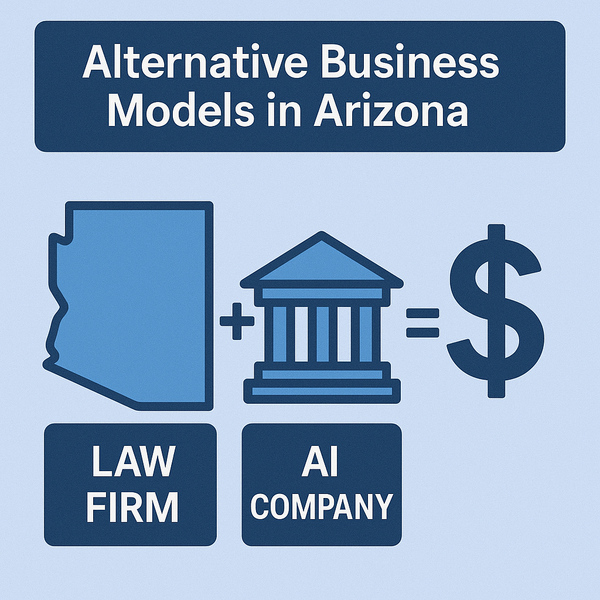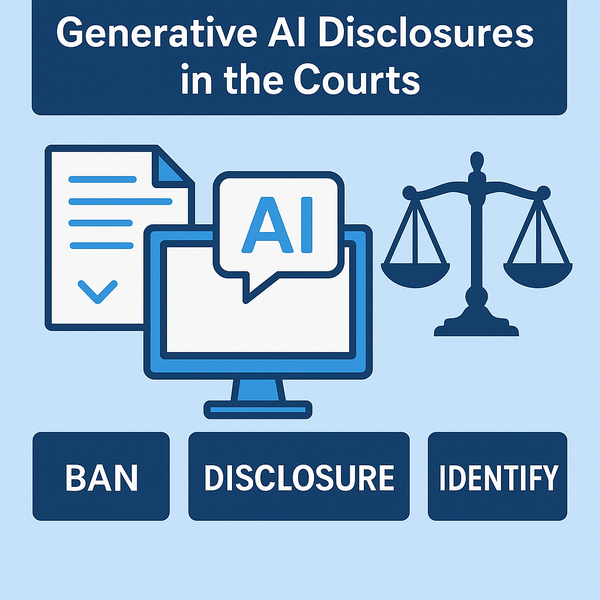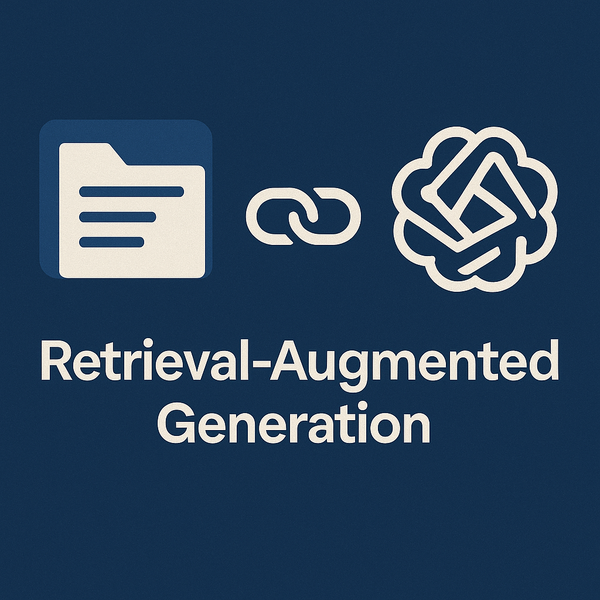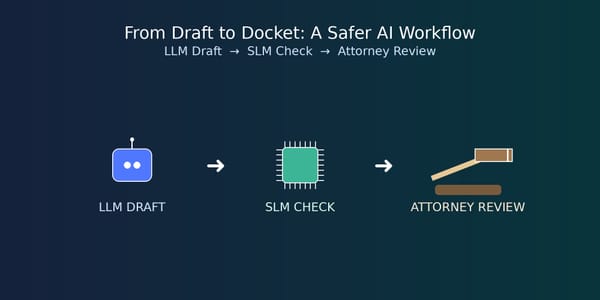The New Legal Assistant: Why AI Won’t Replace Lawyers, But Lawyers Using AI Will Replace Those Who Don’t
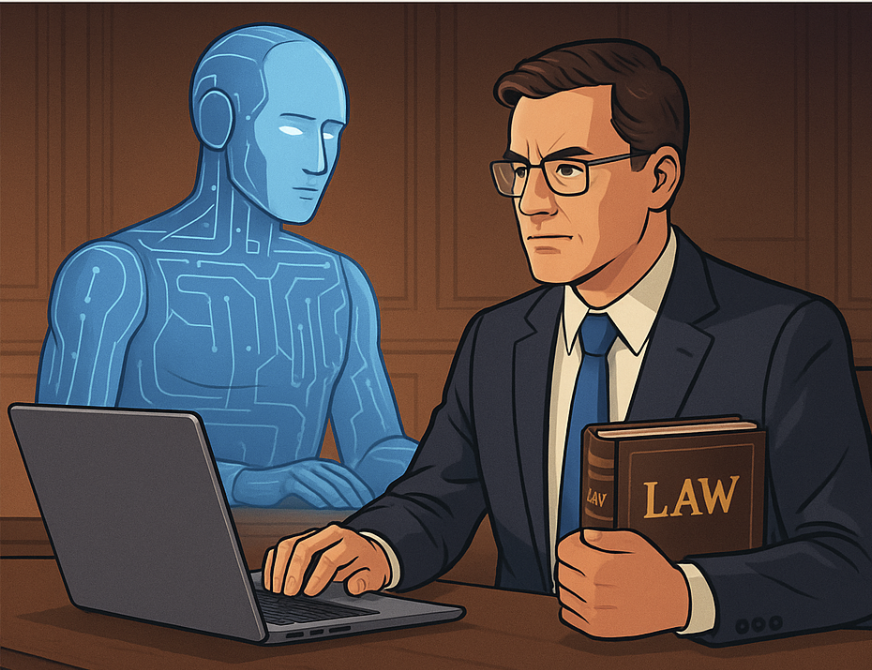
The rise of generative AI has given rise to all sorts of fears for the next decade. “Will AI take my job?”, “Will AI get so advanced we won’t need people for any tasks anymore?”, “Is my future daughter going to be dating some clanker?” All of these reasonable questions have near universal application, but what does it mean for lawyers.
So, will AI replace lawyers when every LLM can just comb through the infinite wisdom of all past cases, judgements, and holdings and then AI agents can file pleadings on their own? Well, no not exactly, a more accurate statement would be that Lawyers using AI in their practice will quickly and swiftly out-lawyer all their competition. A more useful frame is to understand that AI will do some lawyerly (and assistant) tasks much faster, cheaper, accurately, and more comprehensively than humans. The AI revolution is a revolution in capacity, not human replacement. The colossus cluster of GPUs won't kill your firm, but the lawyer that wields that power just might.
The Productivity Equation
Let’s put it in simple terms:
- Originally, a lawyer’s output was limited by the work they alone could produce, but lawyers learned to add reasonable leverage through assistance and junior lawyers that amplified output.
- With digital technology: by adopting word processing, the internet, and the overall digital revolution, lawyers were able to meaningfully, even double, their output.
- With AI: lawyers now have nearly infinite capacity for several different dimensions of their day-to-day activities. This will not only increase general output, but also allow lawyers to focus on their unique human skills to the benefit of their clients.
The Limits:
A recent case, Kruse v. Karlen, illustrates both the promise and peril of AI in law. In that case, an attorney submitted a filing drafted by AI without carefully reviewing it. The result? The document cited several nonexistent cases all of which were hallucinations. The court reprimanded the attorney, forcing him to pay $10,000 to his opponent’s attorney fees. Of course, every jurisdiction has ethical rules forbidding lawyers from submitted pleadings that include false citations. AI carries with it the temptation to rely upon it too much, but it provides no relief from the ethical rules guiding all attorneys. AI may be an effective researcher, assistant, paralegal, or even associate attorney, but it is not the attorney. All ethical rules regarding honestly, candor, communication, confidentiality, and supervision still apply.
Point Being:
AI will not, and cannot (yet), replace lawyers. But lawyers who resist it may find themselves replaced by peers who embrace it. The firms that thrive will be those that master this hybrid model leveraging AI for efficiency while relying on human expertise for strategy and judgment. The future of law is not man or machine. It is man with machine.

